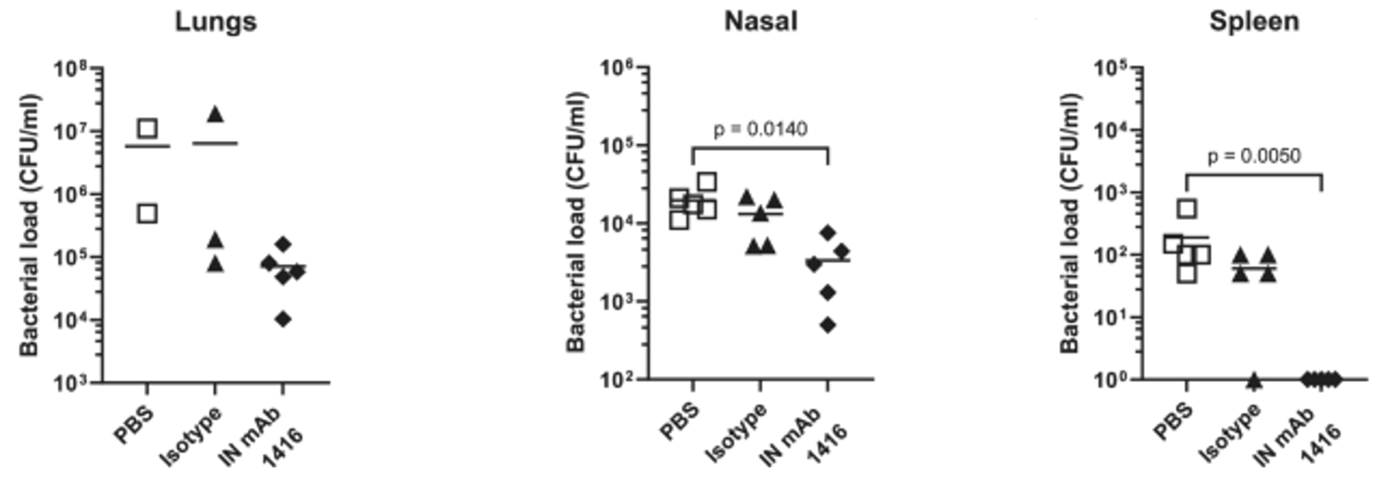BIOGRAPHY
Prof Stephen Baker is a Senior Principal Investigator at the A*STAR Infectious Diseases Labs (A*STAR IDL) in Singapore, where he leads the Translational Bacteriology Lab. He runs a research programme focused on developing preventative strategies and novel therapeutics against antimicrobial-resistant Gram-negative bacteria such as Klebsiella pneumoniae. His work integrates advanced genomic tools, laboratory techniques, and translational science to tackle the global threat of AMR with the goal of building a translational research programme that positions Singapore as a global hub for applied antimicrobial resistance (AMR) innovation. Drawing on over 25 years of international experience in bacterial genomics, vaccine research, and epidemiology, his team is focused on delivering solutions that move beyond surveillance and publication toward deployable, scalable interventions, aligning with A*STAR’s mission to transform research into impact.
Prior to joining A*STAR in 2025, he served as the Director of Research (Global Health) at the University of Cambridge and held leadership roles at the IAVI-Human Immunology Laboratory and the Oxford University Clinical Research Unit (OUCRU) in Vietnam. With over 480 peer-reviewed publications, >50,000 citations, and an H-index of 95, Stephen has made significant contributions to bacterial genomics, AMR surveillance, and vaccine development. His research spans enteric diseases, zoonotic pathogens, and hospital-acquired infections. He is an Honorary Professor at Imperial College London and a recognized leader in global health. He is currently Wellcome Senior Research Fellow, and the recipient of multiple career distinctions including the Vice Chancellor’s Award for Research Impact (Cambridge, 2021) and the Microbiology Society Fleming Prize Lecture in 2017.
AFFILIATIONS
- Honorary professor of infectious disease, Imperial College, London, UK
- Honorary member of faculty, The Wellcome Sanger Institute, Cambridge, UK
- Adjunct professor, National University of Singapore, Singapore
RESEARCH FOCUS
Stephen’s research combines novel immunological, diagnostic, and computational platforms to address urgent AMR threats. These include monoclonal antibodies (mAbs), delivery of mAbs, machine learning-powered bacterial phenotyping via high-content imaging, molecular diagnostics, offering low-cost, multiplexed RNA detection without amplification, multiplex serosurveillance assays to guide vaccine deployment and monitor AMR exposure in high-burden settings. His work offers a unique advantage through its integration of translational pipelines and regional public health access in Southeast Asia, and directly supports Singapore’s goals in pandemic preparedness, health-tech innovation, and regional biomedical leadership.
Stephen’s programme will contribute to building a first-in-human AMR biologics pipeline, establishing Singapore as a launchpad for diagnostics and therapeutics tailored to regional needs, strengthening public–private partnerships and IP development, developing next-generation scientific talent with translational and interdisciplinary expertise.
Expansion of a monoclonal antibody discovery platform against Acinetobacter baumannii, Klebsiella pneumoniae, and other Gram-negative AMR pathogens.
Using human immune repertoire transgenic mice, his team, in collaboration with Sanofi, generated fully human monoclonal antibodies targeting conserved outer membrane structures of A. baumannii. This approach yielded potent, protective antibodies, demonstrating efficacy in preclinical models and paving the way for novel immunotherapeutics against multidrug-resistant bacteria. This approach can be adopted to target other Gram-negative bacteria.




.png?sfvrsn=b11c2136_5)